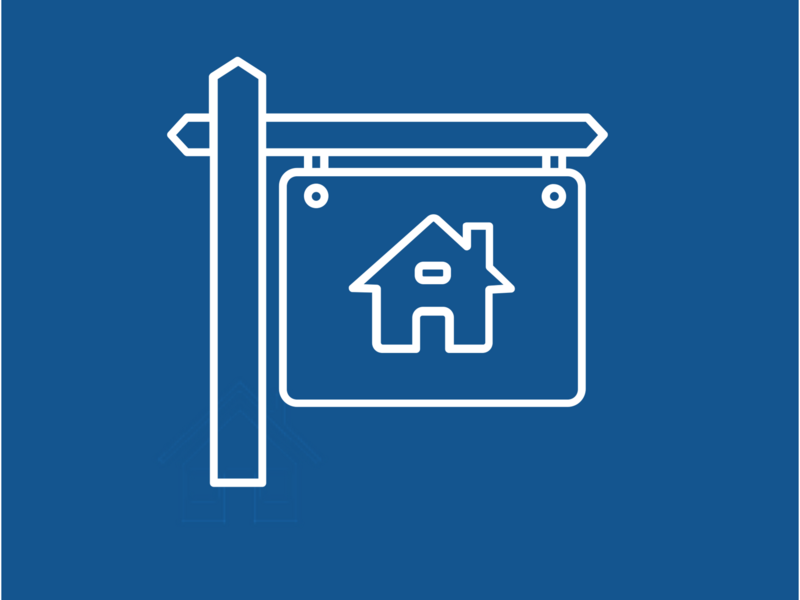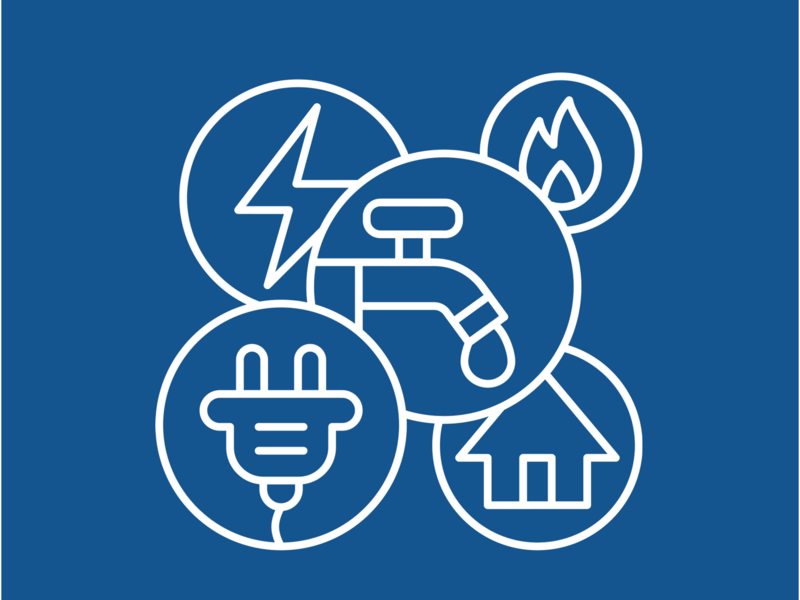I need shelter or immediate help to stay in my home
I need help finding an affordable home to rent or own
Quick Program Links
I need help paying for home heating or utilities
I am a landlord or homeowner looking for resources
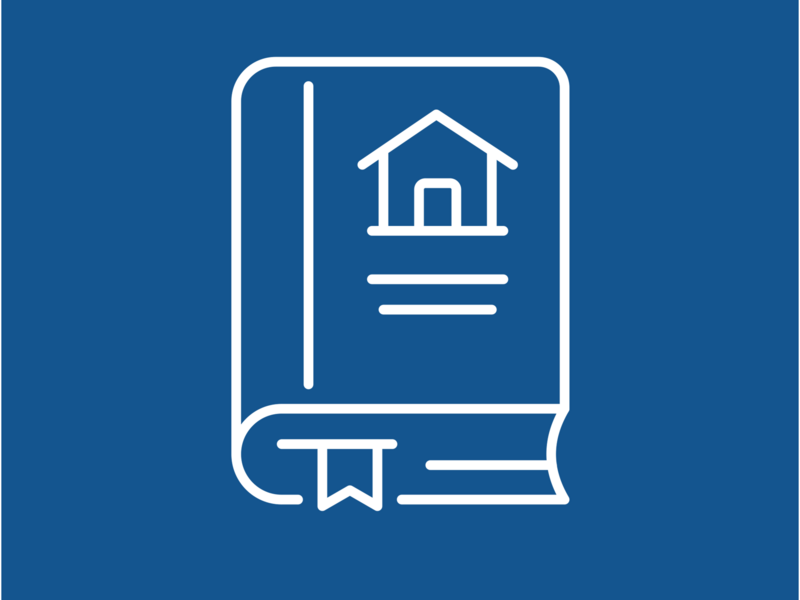
A Landlord's Guide to MA Housing Assistance Programs

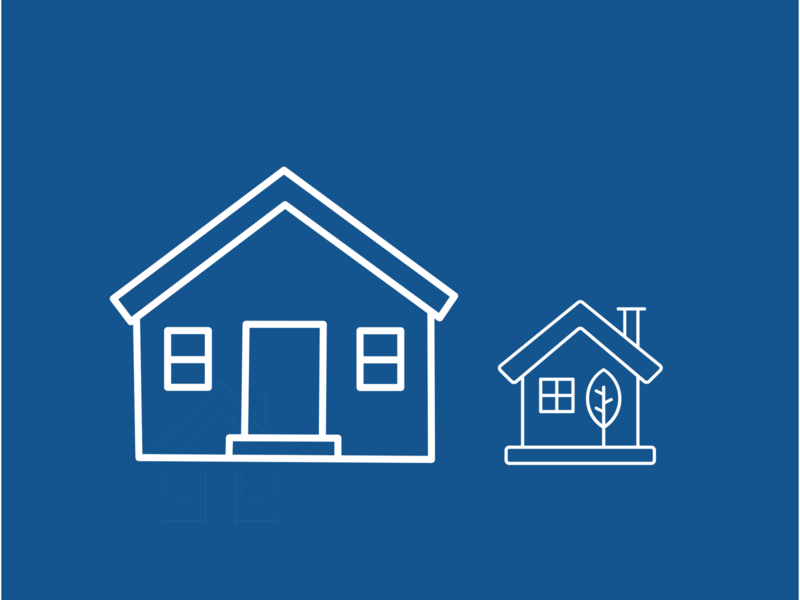
Accessory Dwelling Units

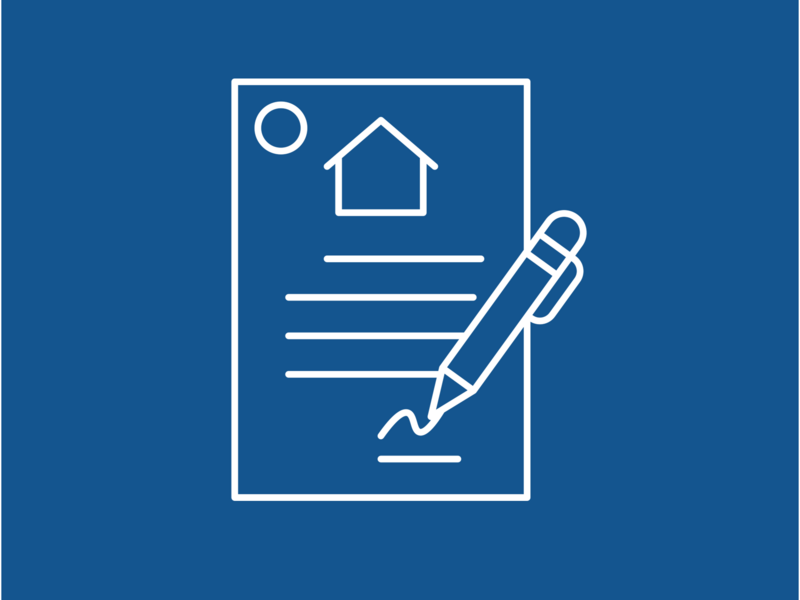
Rental Toolkit for Landlords and Tenants

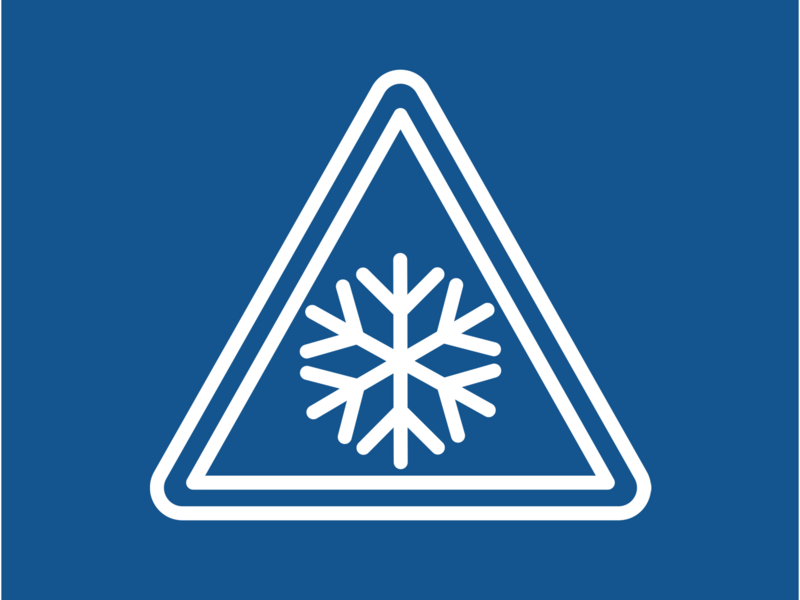
Help to weatherize your home

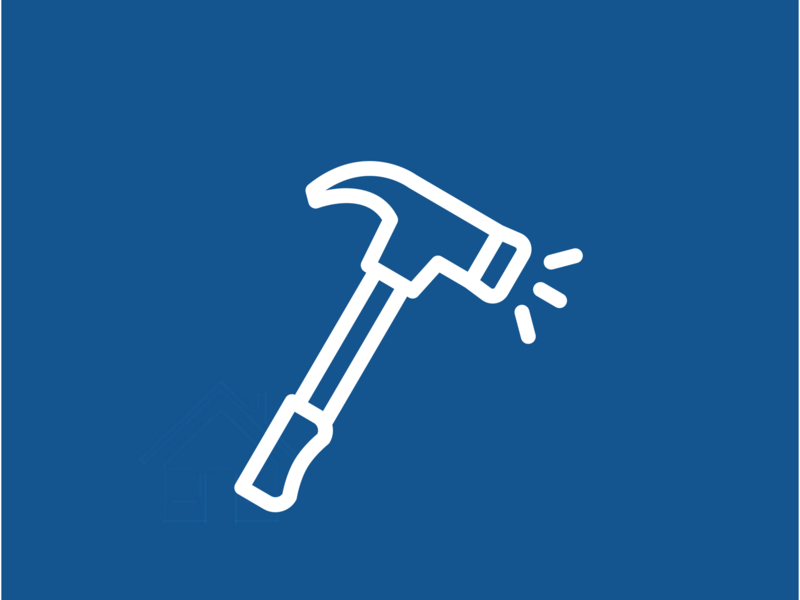
Help with home improvement, lead abatement, septic repair and refinancing.

Help with heating system repair and replacement.
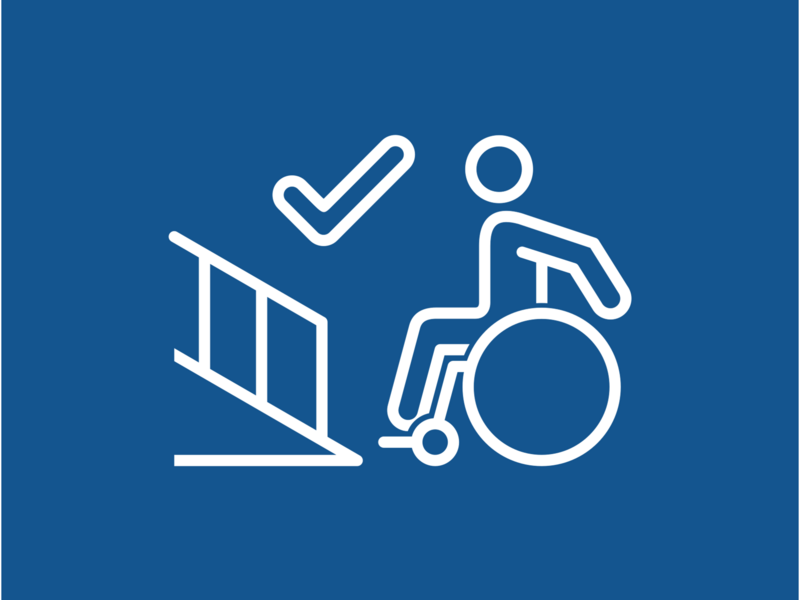
Help modifying your home for a disability

You can also reach out to your City or Town’s Community Development office to ask if they have an active CDBG-funded home rehab program.
Help Navigating Our Programs
Searching for a specific program?
Have general questions on our programs and which ones might work for you?
Call the EOHLC Housing Resources Hotline, serviced by Mass 2-1-1.
- Dial 2-1-1 or call 877-211-6277 -
- 24 hours a day, 7 days a week. Translation available.
For specific questions and problems, see our contact section below.
Other helpful resources
- EOHLC works with partners to deliver most of our resources and programs. Use this tool to find out where you can apply for EOHLC programs in your community.
Housing Consumer Education Centers
- Housing Consumer Education Centers help answer questions about all types of housing problems. Tenants, landlords, prospective buyers, and homeowners can access information designed to maximize housing stability, strengthen investments, and minimize disputes.
Contact
Online
Phone
Please listen for phone menu options for EOHLC divisions
Tara Smith, press secretary
Mass211 is available 24/7 to answer general questions about EOHLC housing or home energy programs. Translation available.

